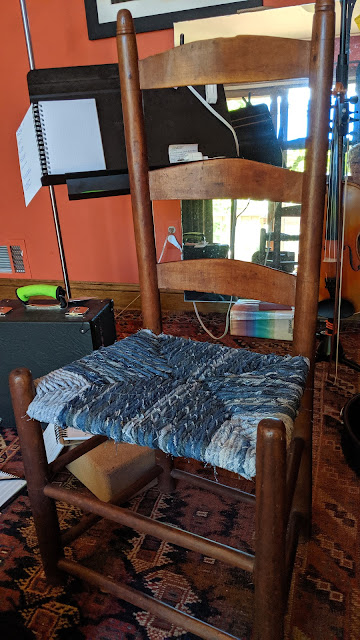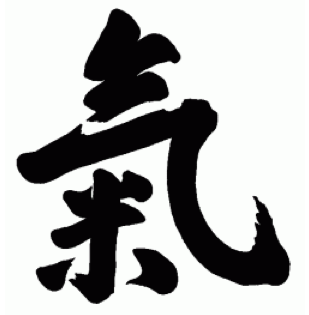Practicing When You Can't Practice - II (Music)
There are times when I can’t practice my instrument(s). So be it. I try not to beat myself up until I get back to my routine, but meanwhile, can I keep from standing still or going backward? It may seem like these are simple things, too simple to actually affect your playing - but they really can.
1. Listen
2. Get an Ear Worm
3. Sing
4. Visualize
1. Listen
2. Get an Ear Worm
3. Sing
4. Visualize
Listen
I often listen to music without thinking about it. If I make the effort to listen to music attentively, I find that it has great positive effects on my playing. I listen for things like phrasing, what types of scales are used, who is playing harmony, what is the intro and outro. Generally I find I’m focused on the things that I’m also working on in my own music.
Get an Ear Worm
Most people think of an ear worm as a bad thing: a tune you absolutely can’t get out of your head. But I've found that when I am practicing a new tune, especially for a gig, one of the best ways to learn is to play a recording of the tune and let it hum through my head all day. When I come back to my instrument I find I have learned a lot of the tune already. Often the recorded version has "morphed" in my internal repetitions so that I have unconsciously gone some way toward making it my own.
Sing
I've been encouraged to sing as improvise, to make my improvisation less random and stilted. I then attended a workshop with Martin Hayes, who talked about changing one's entire playing style by singing the tune, line by line, and then playing it the way you naturally sing. Another incredibly simple but revolutionary idea: Sing more.
Sing
I've been encouraged to sing as improvise, to make my improvisation less random and stilted. I then attended a workshop with Martin Hayes, who talked about changing one's entire playing style by singing the tune, line by line, and then playing it the way you naturally sing. Another incredibly simple but revolutionary idea: Sing more.
Visualize
This was a tip given to me by my teacher when I was about to go on a long plane trip. I spent a lot of time with my eyes closed, visualizing chord patterns or unfamiliar scales. It really worked. You can even do this while commuting. Don't close your eyes tho.




Comments
Post a Comment